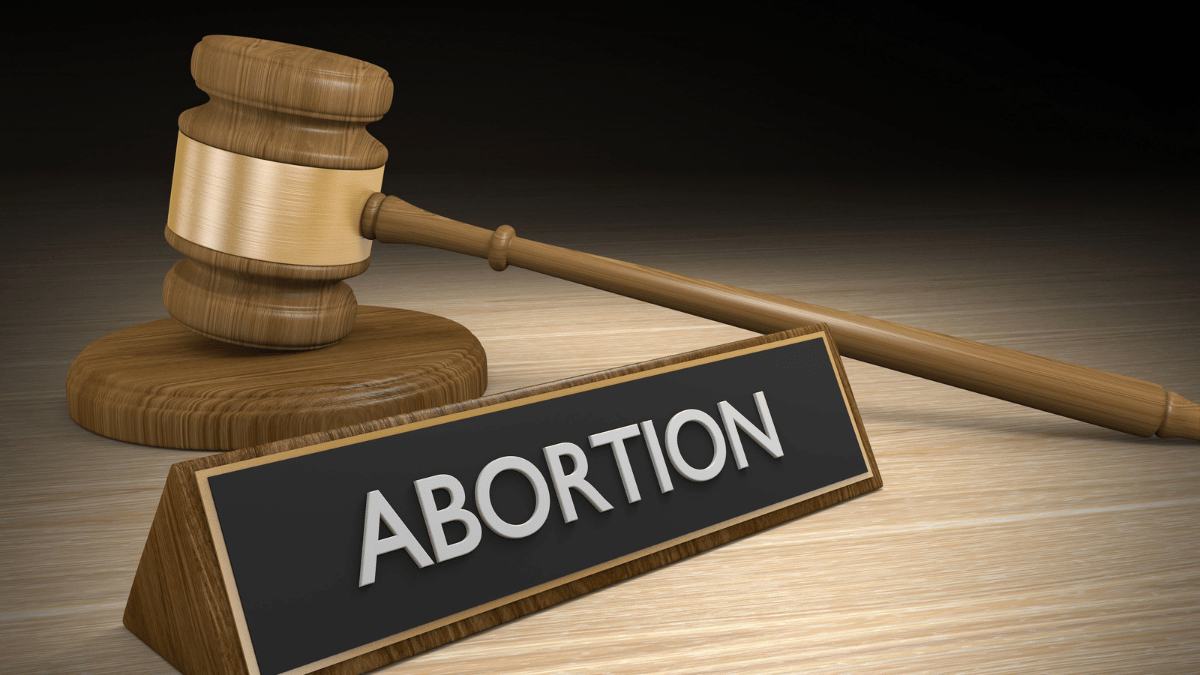Abortion pill manufacturer GenBioPro has filed an appeal to the judge’s August ruling in its case against West Virginia’s near-total abortion ban.
In his ruling, U.S. District Court Judge Robert Chambers dismissed some claims filed by pharmaceutical group GenBioPro in a lawsuit against the state’s attorney general, Patrick Morrisey.
GenBioPro manufactures a generic version of Mifepristone, an FDA approved, non-invasive prescription pill. The medication is used in conjunction with Misoprostol for medical abortions and can be taken at home to terminate a pregnancy.
The lawsuit claimed that Morrisey violated federal law, more specifically the commerce clause of the U.S Constitution, by prohibiting the sale of the drug in West Virginia.
The clause gives Congress broad power to regulate and restrict states from impairing interstate commerce. However, Chambers, who presides over the southern district of West Virginia, said states have the right to regulate public health and morality by curtailing the sale of goods.
The court earlier ruled that GenBioPro had legal standing to bring a suit against the attorney general’s office on the basis of economic damages incurred by the company.
West Virginia Attorney General Patrick Morrisey said his office stands ready to fight an appeal and that the judge’s former ruling made it clear the regulation of abortion falls on the states.
“As we did in federal district court, we stand ready to defend West Virginia law to the fullest,” Morrisey said. “There’s no doubt in my mind the new Unborn Child Protection Act is not preempted by federal law and that all of these statutes are constitutional.”
Skye Perryman, Legal Counsel to GenBioPro and President and CEO of Democracy Forward, said this appeal is a critical next step in her organization’s fight to protect access to medication abortion.
“West Virginia’s decision to step in where Congress has granted FDA the authority to regulate mifepristone is unlawful and could undermine not only access to medication, but the country’s entire drug regulation system,” Perryman said. “What’s more, decades of science support mifepristone’s safety and efficacy and it is unacceptable that people living in West Virginia who need this basic health care are being forced to travel out of state or forgo care altogether. We look forward to continuing to represent GenBioPro in the further stages of this case.”
According to Morrisey’s office, in August, the district court dismissed the preemption claim against the state’s Unborn Child Protection Act and the constitutional challenges entirely, but it allowed the preemption challenge to the telehealth provisions to proceed.
Morrisey said GenBioPro removed the telehealth challenge in order to proceed with an appeal.
